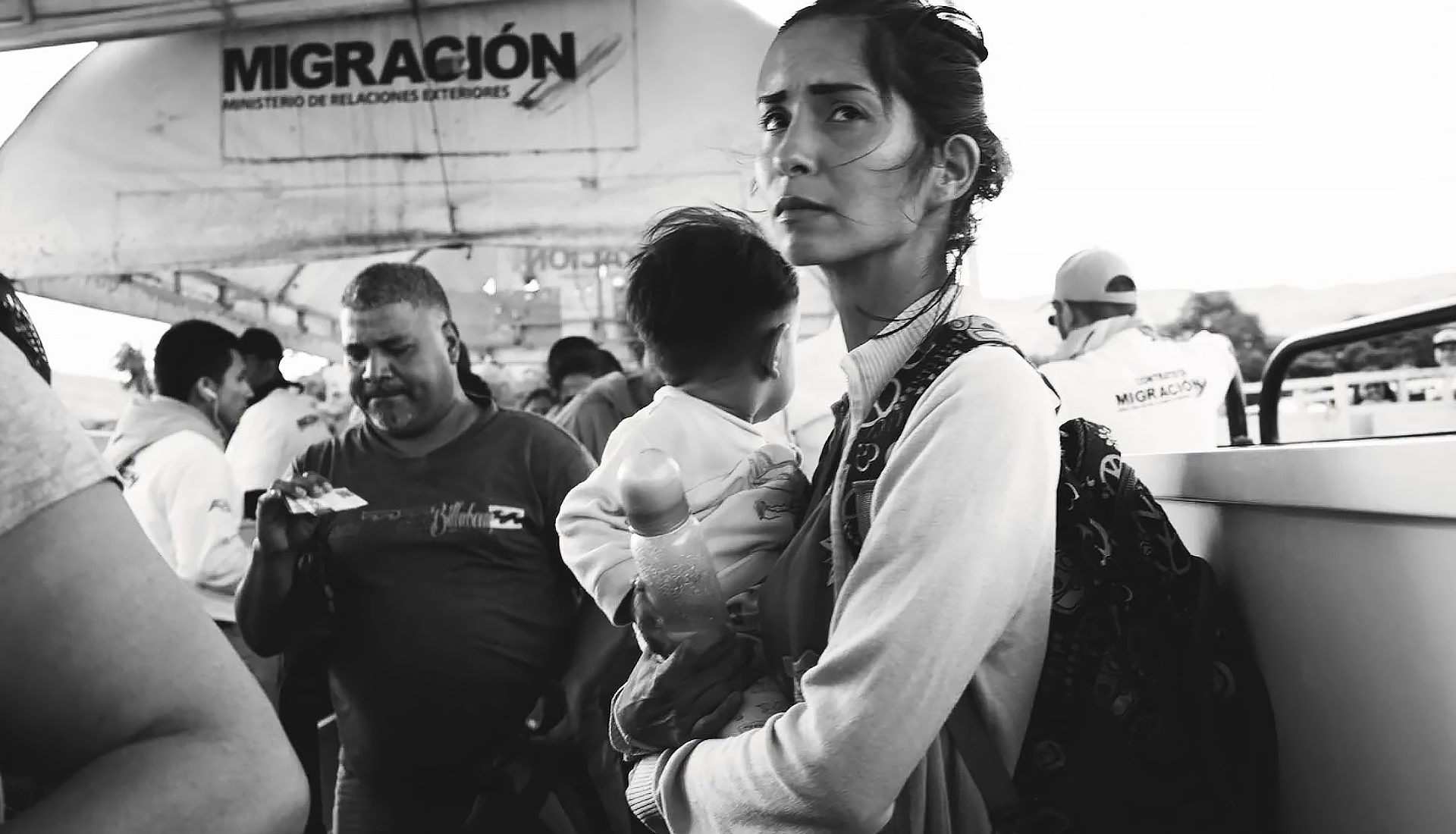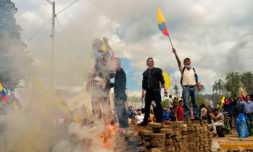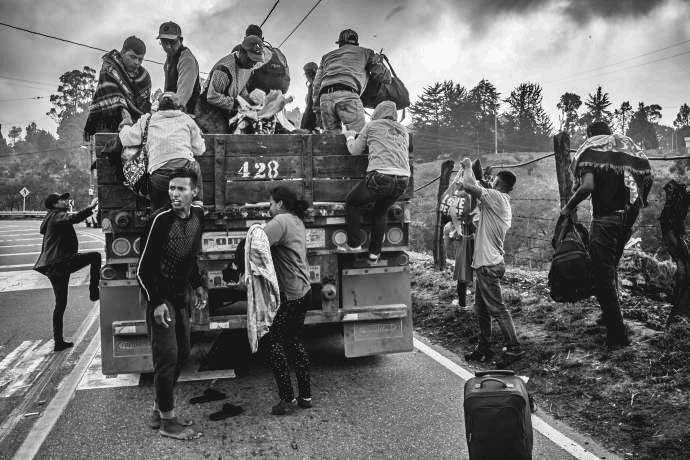NGOs face extreme difficulties as they strive to provide Venezuela with aid during the worst humanitarian crisis Latin America has ever seen.
Home to the largest oil reserves in the world and once the richest nation in South America, in just two decades Venezuela has ‘collapsed under the weight of its own corruption and the hollow promise of a socialist utopia,’ says Richard Emblin, editor of The City Paper Bogotá. The country is now facing a humanitarian crisis unlike anything ever witnessed in the continent’s history, a result of uncontrollable inflation and the scarcity of goods.
NGOs are undergoing extreme difficulties as they strive to provide the country with aid and Venezuelans who are able to leave have fled their failed state in search of a better life across the border. Striving to escape widespread violence and economic turmoil, over four million people have been forced to leave behind their homes and families, a figure which shows little signs of decreasing. ‘This is the most severe and fastest-growing refugee migrant crisis in Latin American history,’ says EU ambassador to the UN Walter Stevens. ‘There are estimates also that it could further increase if the situation does not change.’
Approximately 5,000 people leave Venezuela every day, often using illegal crossing points because they lack identity papers. And the initially welcoming attitude from other Latin American countries towards migrants has since soured amidst accusations that they bring crime, overwhelm the job market and place a huge strain on social services.


No country in Latin America has escaped the impact of Venezuela’s collapse. Colombia hosts 1.3 million refugees, Peru 806,900, Chile 288,200 and Ecuador 236,00. However, while Colombia remains the top destination for Venezuelans fleeing the long-running crisis – and continues to provide refuge for those in need – other Latin American countries have begun to shut them out, echoing international anti-migrant rhetoric and branding them a ‘national security threat.’ Sebastián Piñera, the president of Chile, is just one example of those expressing high levels of backlash, accusing foreigners of ‘importing problems like delinquency, drug trafficking and organised crime.’
40% of all displaced Venezuelans are now living in Colombia, which currently has 7.7 million internally displaced persons (IDPs are those on the run at home), more any other country worldwide after decades of brutal civil conflict. Arriving malnourished and diseased due to the lack of access to food, clean water and basic medicine in their own country, Venezuelans are struggling to survive and an average of five to six children die every week from these desperate conditions.
The Colombian reality that has developed over the last two years is one of unemployment and lackluster economic growth that the country simply cannot handle. ‘It’s a dire social disaster,’ says Emblin, ‘the city (of Bogotá) is overwhelmed by the amount Venezuelans living on its streets and there is an ongoing struggle to keep it under control.’
Despite this pressure however, Colombia continues to show neighbourly solidarity, viewing its hospitality towards Venezuelan migrants as pragmatic. But the concern is that without substantially more foreign assistance to manage the crisis in the future, this may not be the case for much longer – especially if President Maduro still refuses to accept help.


Since the conflict began in 2015, Nicolás Maduro has continually denied that the country is experiencing a human rights crisis and refuses to acknowledge the suffering of his citizens and extreme resource shortages. ‘He doesn’t want to portray a crisis to the United States of America,’ says Emblin. ‘He wants to portray that he has everything under control.’
As a result, the international humanitarian assistance repeatedly offered by various NGOs has not been accepted, having a further catastrophic impact on the population’s welfare, particularly those who are most vulnerable.





















